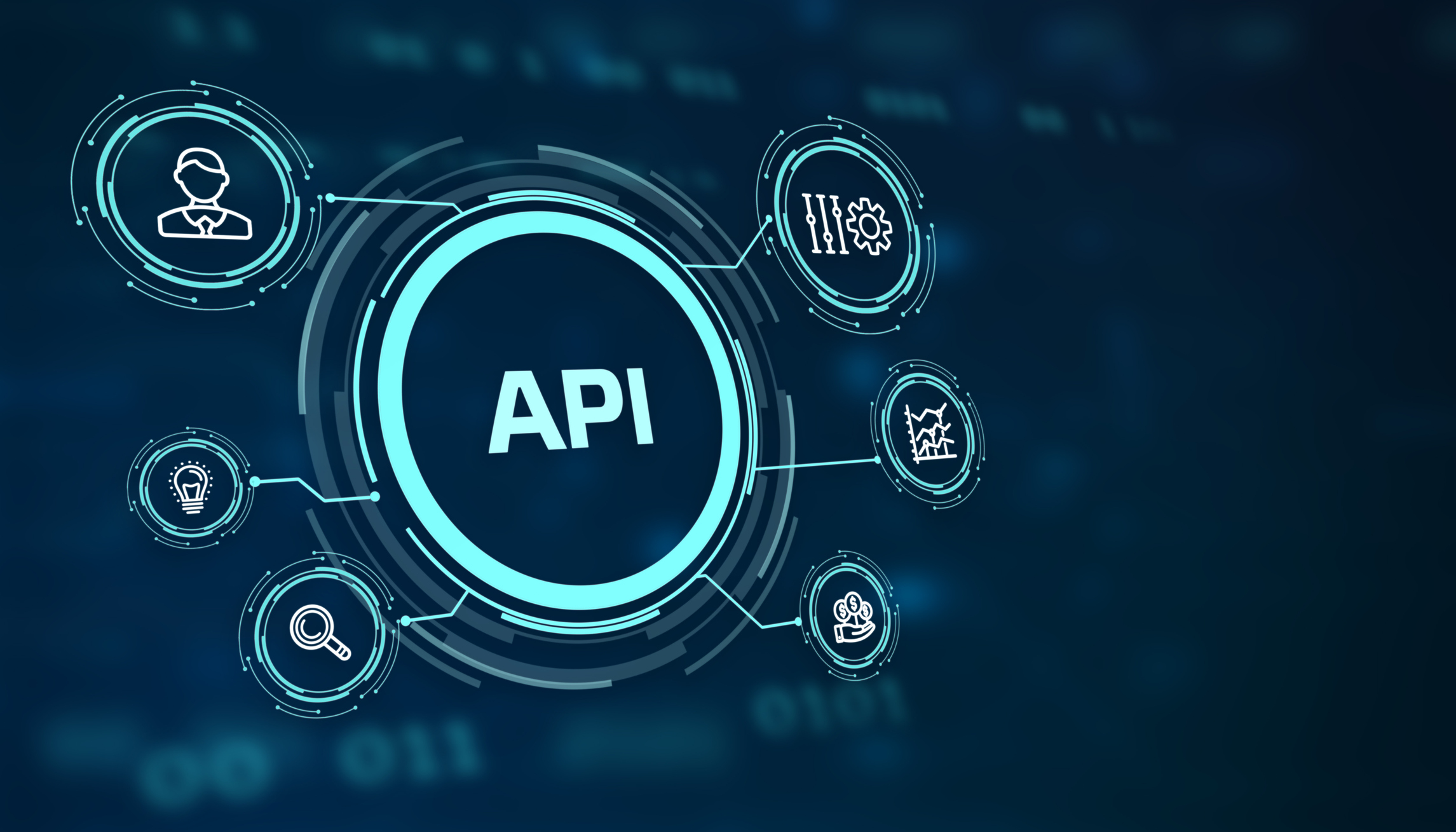Artificial intelligence (AI) has greatly influenced the advancement of technology and machine learning. A key element in this transformation is the use of AI Application Programming Interfaces (APIs). These interfaces are now essential tools for modern developers, as they allow for the effective and efficient integration of AI functionalities into various applications. The importance of AI APIs sheds light on the changes they bring to machine learning practices.
Defining AI APIs
AI APIs act as bridges that enable developers to incorporate machine learning models into their applications without needing AI knowledge. They give access to algorithms and data processing functions. By providing existing models, AI software interfaces streamline the development process, making sophisticated technology more accessible to a wider range of users.
Facilitating Machine Learning Integration
Incorporating machine learning into apps can get tricky at times. Luckily, AI APIs make things easier by providing easy-to-use interfaces that link apps to machine learning algorithms. This simplified method lets developers concentrate on improving app features rather than grappling with coding issues. Connecting theory with real-world use of AI APIs gives developers the tools to develop solutions efficiently.
Driving Innovation Across Industries
AI APIs have a reaching impact on industries by fostering innovation and enhancing current practices. In the healthcare field, for example, these tools aid in analyzing larger data sets, resulting in precise diagnoses and tailored treatment strategies. Financial institutions use AI APIs to bolster their fraud detection mechanisms by pinpointing patterns.
Enhancing Natural Language Processing
Natural Language Processing (or NLP for short) plays a role in applications today and has been greatly enhanced by AI APIs in recent years. These tools allow applications to grasp and produce language with precision. Through the power of NLP technology enabled by AI APIs, businesses can enhance customer interactions using chatbots and automate customer support services while also extracting insights from social media data analysis.
Supporting Developers with Pre-Built Models
Creating machine learning models from the ground up can be tough for developers at times. AI APIs offer ready-made models that can be smoothly incorporated into applications. These models have been trained on large datasets to minimize the time and effort needed for development. This assistance enables developers to concentrate on perfecting features for their applications, resulting in quick deployment and improved functionality.
Ensuring Scalability and Flexibility
Modern applications must prioritize scalability and flexibility to stay relevant in today's fast-paced world. AI APIs provide solutions that can scale with increasing workloads while maintaining performance levels. Developers can leverage the flexibility of these interfaces to tailor applications according to evolving business requirements. This adaptability is key for businesses to stay competitive in markets and adapt to changing demands.
Promoting Collaboration and Sharing
The interactive aspect of AI APIs promotes the sharing of information and resources within the developer community. With access to tools and models through these platforms, there is a push towards a collaborative effort in development. This shared space encourages the flow of ideas and effective methods, resulting in problem-solving approaches. Through collaboration among developers, AI APIs play a part in shaping a technological realm that's inclusive and varied.
Addressing Ethical and Privacy Concerns
Using AI interfaces brings advantages but also raises ethical and privacy issues. Developers need to ensure the trust and protection of user data remain intact while using AI technology responsibly in applications. This necessitates developers to follow ethical standards and apply strong security protocols throughout the integration of AI interfaces in their products. Addressing these concerns upfront enables developers to leverage the capabilities of AI technology while mitigating potential risks.
The Future of AI APIs in Machine Learning
The potential of AI APIs in the field of machine learning is full of opportunities for the future ahead of us. As technology progresses and advances into realms of possibility and development, sophisticated models and tools are being created daily. We are witnessing a profound shift in the landscape of application capabilities shaped by these very interfaces themselves.
Conclusion
AI application programming interfaces (APIs) have transformed how machine learning is incorporated into software programs by enabling a spectrum of developers to access technology easily. Their contribution to fostering creativity and improving language processing while ensuring scalability highlights their importance. By taking into account concerns when utilizing AI APIs in developing ethical solutions, it will be possible. Looking ahead to the journey unfolding advancements, AI APIs will continue to play a critical role in driving progress in machine learning applications across various sectors.














